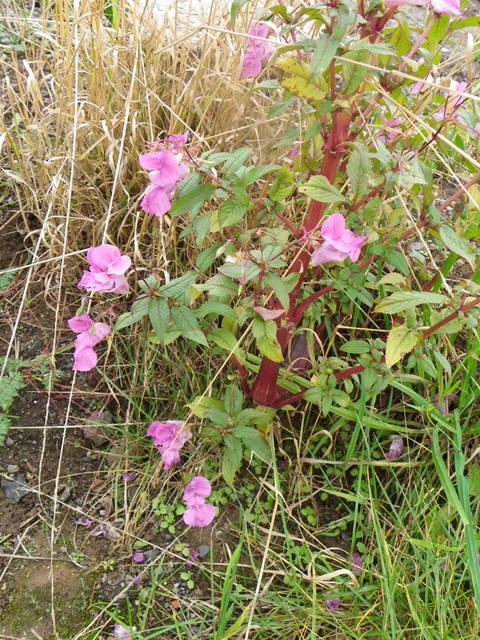Himalayan Balsam near Dronley Burn
Introduction
The photograph on this page of Himalayan Balsam near Dronley Burn by Maigheach-gheal as part of the Geograph project.
The Geograph project started in 2005 with the aim of publishing, organising and preserving representative images for every square kilometre of Great Britain, Ireland and the Isle of Man.
There are currently over 7.5m images from over 14,400 individuals and you can help contribute to the project by visiting https://www.geograph.org.uk

Image: © Maigheach-gheal Taken: 10 Oct 2010
Four species of this flower occur in Britain but only one is a native: the remainder are introductions from abroad. A feature common to all species is that when the seed pods are ripe the slightest touch will cause them to burst, scattering seeds. This characteristic is responsible for their evocative names. The image shows Jumping Jack which is the most common species, first introduced early in the 19th century and now covering thousands of miles of river banks. It is also called policeman's helmet because of its hooded purplish-pink flowers and is easily recognised by its tall succulent stems up to 6ft high.

